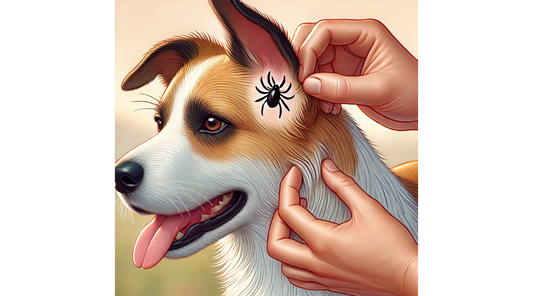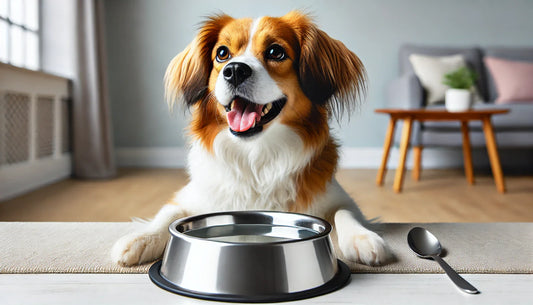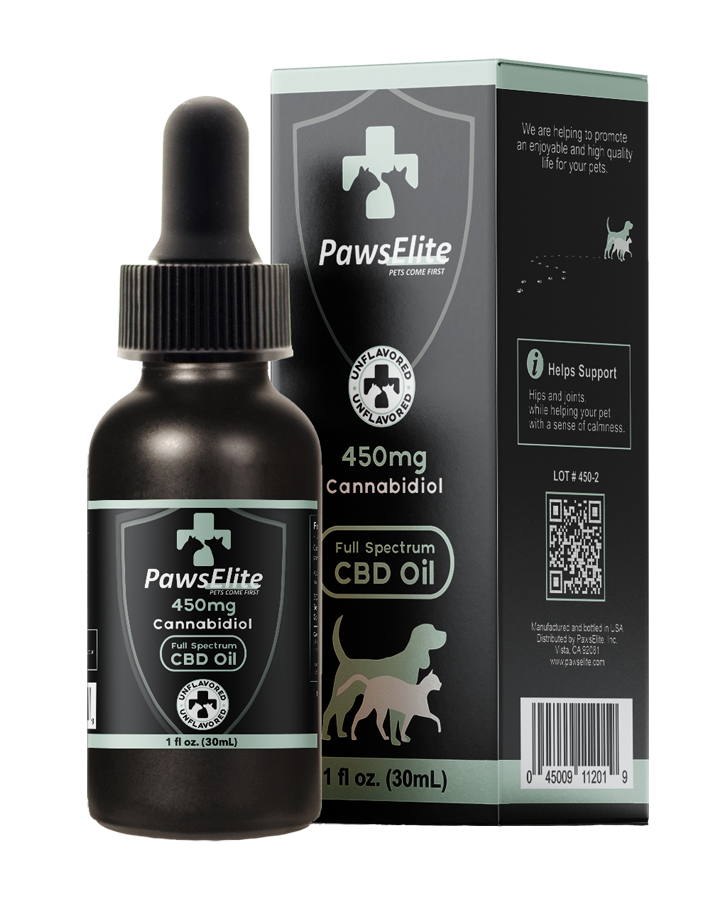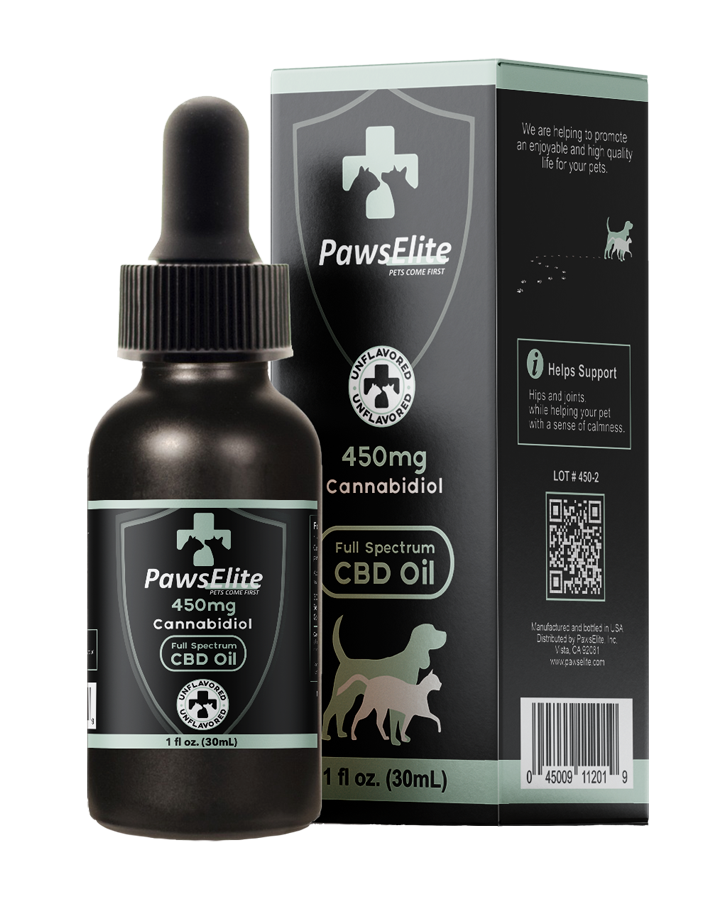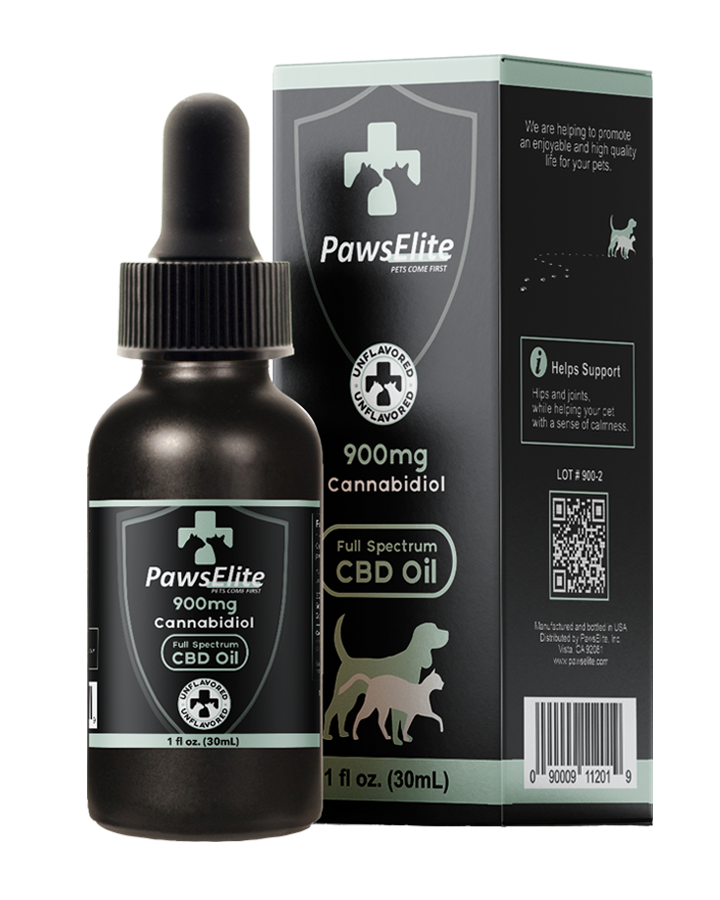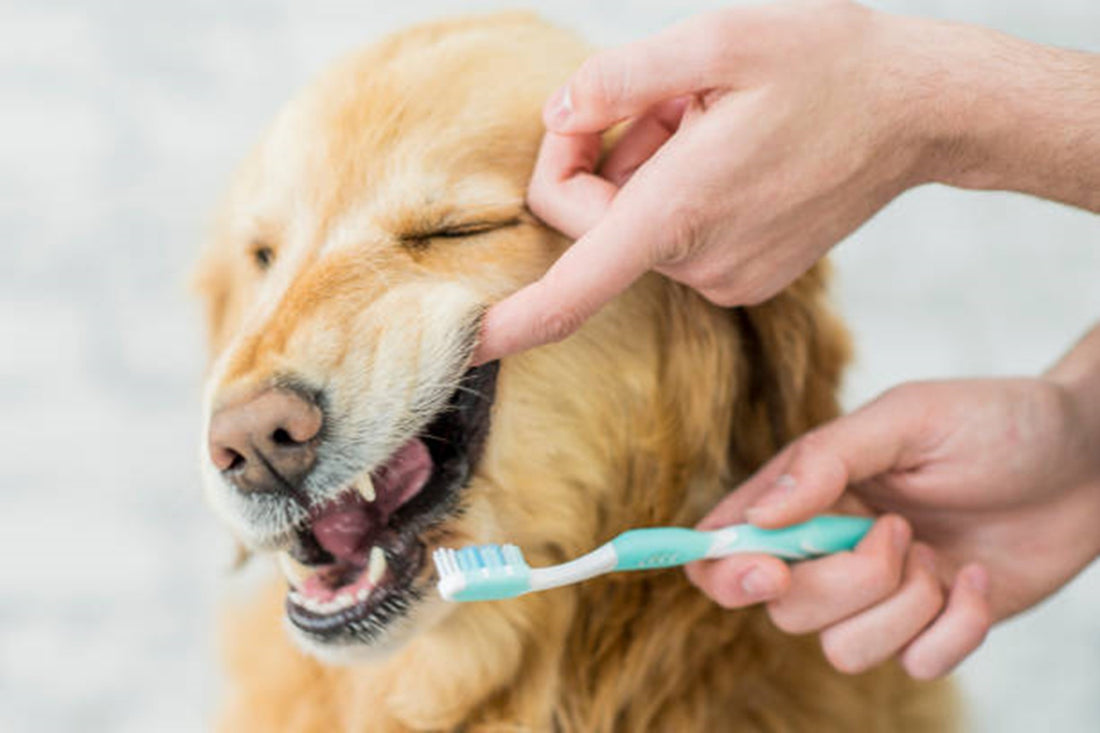
Best Ways To Keep Your Dog's Teeth Clean And Strong
Share
When it comes down to keeping our dog's teeth clean and strong, many pet parents overlook the importance of daily brushing and providing chew treats and toys.
To prevent severe disease or complicated extractions, it's best to understand your pup's dental needs and provide the much-needed dental care to prevent periodontal disease. Find more details on dogs' health at https://www.globalpets.info/.
Dental disease is the number one problem facing dogs today. Regular veterinary cleanings and oral hygiene at home are vital to keeping your dog's teeth clean and strong. Although dental problems are common for all dog breeds, there's no reason not to care for your dog's dental needs starting today.
Bad Breath
The American Veterinary Medical Association (AVMA) says that if your pup has terrible breath, you should look into the causes. "Don't turn your nose to your pet's bad breath! That odor might signify a serious health risk." Bad breath in your dog might mean periodontal disease or bad oral hygiene, and your pup could be in pain without you even realizing it.
Brush Your Dog's Teeth
Home dental care is key to keeping your dog's teeth clean and strong. If you have not started brushing your dog's teeth yet, watch videos on how to brush properly and understand the importance of making your pets comfortable with brushing as part of a regular schedule.
You should have a pup toothbrush and specialized dog enzymatic toothpaste that's available in different flavors like chicken, beef, and peanut butter. Human toothpaste is toxic to pets, so never use it on your pup. If your pup doesn't enjoy using a dog toothbrush, then try using a brush that fits over your finger.
Dental Wipes
This is another option for your furbaby. Dental wipes work well on dogs that refuse a toothbrush and become anxious when brushing their teeth. Dental tooth wipes are made to be wiped gently against your dog's teeth and work in the same way as a dog toothbrush.
The downside is that dental teeth wipes cannot get into nooks and crannies. It's a good idea to combine the use of dental wipes with an oral water additive to help combat tartar and plaque.
Give Him Chew Toys to Gnaw On

Here's the best part! Shopping for our furbabies! Nothing beats it, and with all the new dental products out, shopping for pet products is always fun.
All dogs have a natural urge to chew, and this also provides much-needed relief to teething puppies. Dog chew toys also help scrape away dental plaque and help with canine boredom.
The National Canine Cancer Foundation says that dog toys are not regulated by the FDA.
"Some toys, especially those made from plastics, can contain chemicals that are dangerous or even life-threatening to dogs."
The NCCF says that chew toys are beneficial for dental health and also help relieve stress in dogs. Nonetheless, you should try to only get rubber, silicone, or nylon toys that can withstand your dog's strong jaw.
How to Choose Dental Chew Toys
When choosing dental chew toys for your pup, here's what to look for:
- Heavy-duty materials like rubber, rope, and nylon
- Long-lasting play toys
- Stimulating colors and shapes
- Polycotton chew toys with added dental floss fiber
- Safe and non-toxic dental chew toys
- Uniquely textured dental toys to help remove tartar and plaque
Dental Treats
Dental treats do a good job of keeping our dog's mouths clean. Dental treats go a long way toward protecting your pup against dental disease. The American Veterinary Dental College (AVCD) says that all dog breeds demonstrate signs of periodontal disease by three years of age.
"There are diets, treats, chews, and water additives with the Veterinary Oral Health Council seal of acceptance that can be used to assist you with your pet's preventive oral healthcare program."
Dental treats are available in various flavors and textures to promote oral hygiene in dogs. Keep in mind that dental treats are not enough to keep your dog's teeth clean and strong.
You still must brush your dog's teeth to remove debris from teeth with a specialized dog toothpaste manually. As usual, always opt for dog dental treats that contain no artificial additives, fillers, or preservatives.
Dog Food
Your dog's dental health is connected to their overall health. By feeding certain foods, you can scrape away plaque and keep teeth clean. Fruits and vegetables contain antioxidants that will manage chronic oxidative stress known to cause periodontitis. Here's what to keep in mind:
- Dental superfoods like kelp boost amylase production that breaks down plaque
- Yogurt and kefir help boost immune health in dogs.
- Veterinary-grade dog food minimizes tartar buildup
- Fruits and vegetables like raw carrots, apples, and cucumbers
- Never feed low-quality dog treats, especially those that contain sugar, cereal grains, and fats.
Immune Health
Discolored, brown teeth, bleeding gums, and bad breath are signs of periodontal disease. Dental health problems can weaken your pup's immune system.
Feeding highly digestible, high-quality dog food tailored to a dog's specific lifestage and health needs plays a role in bolstering immune health. Dogs fed low-quality commercial dog food and senior dogs are also more prone to periodontal disease.
Human-grade dog food is best, and although wet food won't harm your pup's teeth, be vigilant about regular brushing with the proper dog dental products, and don't forget about regular veterinary check-ups and professional cleanings.
Annual Veterinary Dental Cleanings
If you find that your dog has dental disease, it's best to carry out treatment only under your veterinarian's guidance. Your pup will likely need sedation to have his mouth properly checked. X-rays will also be required to see any abnormalities in the tooth and bone.
The best way to keep your dog's teeth healthy and clean is to brush them every day. If your furbaby already has periodontal disease, then regular veterinary appointments will be needed to treat your dog for x-rays, to remove plaque and tartar, and to polish his teeth.
Remember, prevention is better and much more affordable than dealing with periodontal disease in dogs. After all, it's not so difficult to keep your dog's teeth clean and strong today with the large array of pet dental products to choose from.
As usual, always have pet insurance with dental cleaning coverage for your pups! Read the fine print to ensure that your furbaby has all the health insurance coverage and protection he needs!

